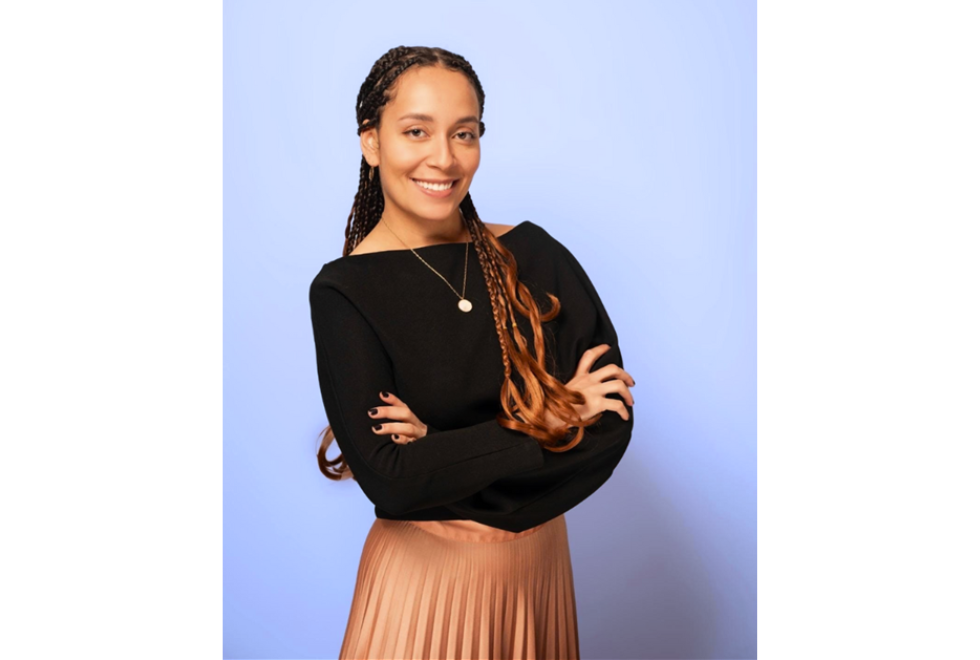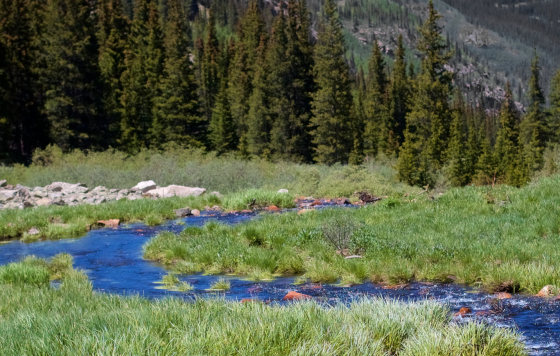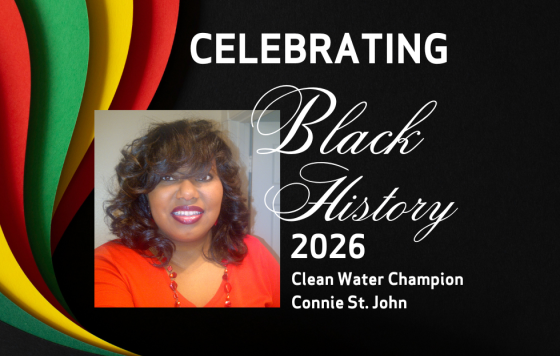
A Summer Reflection as a Clean Water Action Fellow by Troy Wynne.
Washington, D.C. has been enveloped by an especially oppressive atmosphere this summer. And no, I am not simply alluding to the sweltering 102-degree heat, though such extreme temperatures certainly exacerbate the situation. Rather, I am referring to an air of foreboding that pervades the city driven by the ongoing presidential race, a disastrous presidential debate, an assassination attempt on President Trump, egregious power grabs by the Supreme Court, assaults on environmental protections, women’s reproductive rights, and other critical issues.
A repeated sentiment in the small DC office of the National Campaigns Team at Clean Water Action has been that DC hasn’t been the same this summer.
It’s been quiet for this city. Somber. The frenetic urgency that gripped us when President Trump ran and triumphed in 2016 has given way to a desolate, fatigued atmosphere. Nothing shocks us anymore.
Working at Clean Water Action on the National Campaigns Team this summer, I have experienced that same level of exhausted energy for critical issues like the one I’ve been assigned to research, Clean Water and Safe Drinking Water.
Access to Clean Water and Safe Drinking Water from harmful contaminants are tenants of legislation passed in the 1970’s, the Clean Water Act (CWA) and the Safe Drinking Water Act (SDWA). Protection of our nation’s waters is at the bedrock of both federal laws; however, what constitutes a “water” of the United States (WOTUS) has been left up for interpretation. Different administrations have tried to narrow or broaden the scope of what constitutes WOTUS, particularly in terms of wetlands and streams. The purposefully ambiguous description of WOTUS leaves room for polluters to destroy and degrade wetlands and streams that are crucial source waters for clean and safe drinking water. Donald Trump’s administration sought to use the narrowest definition of WOTUS to regulate pollutants and contaminants. In 2023, the Supreme Court ruled on the landmark case Sackett vs. EPA, further cutting down federal protections of wetlands and streams and using the Trump era’s definition of WOTUS.
The relentless contention over safeguarding these vital ecosystems has been draining for clean water advocates. The prospect of a new, potentially more damaging Trump era, further harming human and environmental health, is terrifying.
I discussed this issue further in my final presentation during the Fellowship’s Capstone Symposium. You can find the link to the presentation here:
My challenge this summer and throughout the duration of my scientific career has been to remain hopeful in the face of constant oppositional leaders, non-truth tellers, and science deniers. To combat this unproductive emotion, I draw inspiration from my advisor at Clean Water Action, Lynn Thorp. Lynn appears to possess encyclopedic knowledge about procedures, routines, and strategies for advocating federal and state environmental protections, having dedicated over 25 years to environmental advocacy work. Her memory is a vault, a repository of extensive knowledge and experience with the ongoing battles that I find so challenging. Witnessing her steadfast commitment to the cause is truly inspiring.
It brings to mind a quote from one of my favorite climate writings, All We Can Save: Truth, Courage, and Solutions for the Climate Crisis, by Dr. Ayana Elizabeth Johnson:
I love people who harness themselves, an ox to a heavy cart, who pull like water buffalo, with massive patience, who strain in the mud and the muck to move things forward, who do what has to be done, again and again.
I say it’s a bad summer to be in DC, yet perhaps it is precisely where I needed to be. To remind myself of the modest yet significant contribution I can make toward a healthy and safe planet for all living beings. To remain resolute in the face of it all.
About the Author
Troy Wynne joined Clean Water Action on the National Campaigns Team as a 2024 Yale Environmental Fellow. The Yale Environmental Fellows Program is a 12-week summer fellowship for underrepresented STEM graduate students that seeks to diversify the environmental field. Fellows are placed at environmental non-profits, grant-makers, and government sectors for the fellowship while also attending the New Horizons in Conservation Convening and receiving weekly professional development training.
Troy grew up in Washington D.C. and graduated with a B.S. in Environmental Science and Policy from the University of Maryland. Troy is a second year Doctoral Student in the Joint Ecology Program at San Diego State University and University of California, Davis. Troy is studying the social and ecological impacts of raw sewage pollution in the Tijuana River Estuary system.
Citations
Johnson, A. E., & Wilkinson, K. K. (Eds.). (2021). All we can save: Truth, courage, and solutions for the climate crisis. One World.
History of the Clean Water Act. (2024). In EPA.gov. Retrieved June 12, 2024, www.epa.gov/laws-regulations/history-clean-water-act
Peters, Jennifer. (May 23, 2024). A Year Since Sackett v. EPA: Colorado Becomes First State to Restore Protection to Wetlands and Streams. Clean Water Action.


